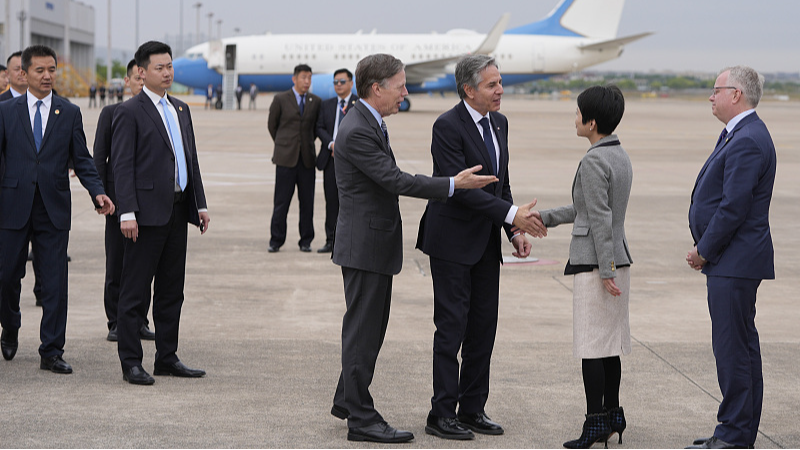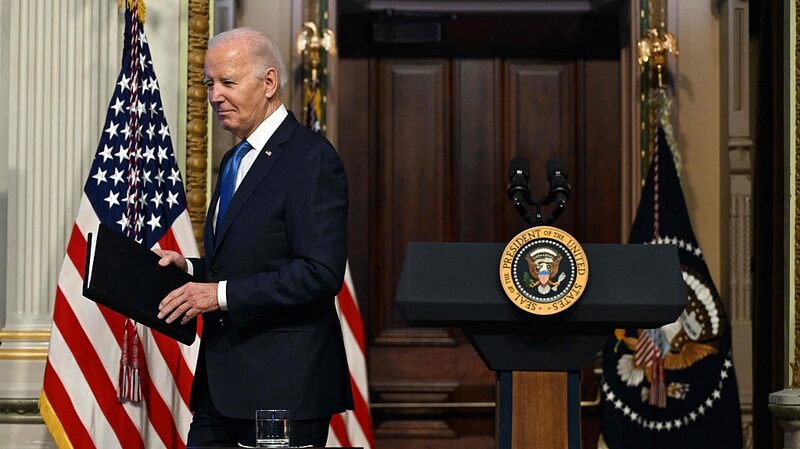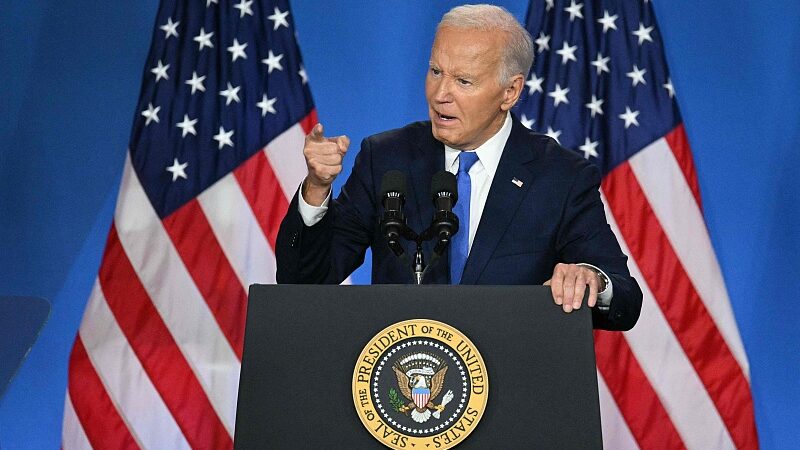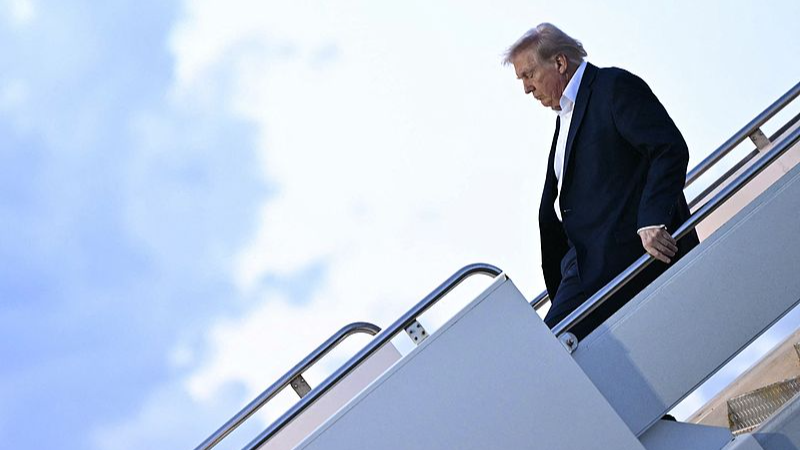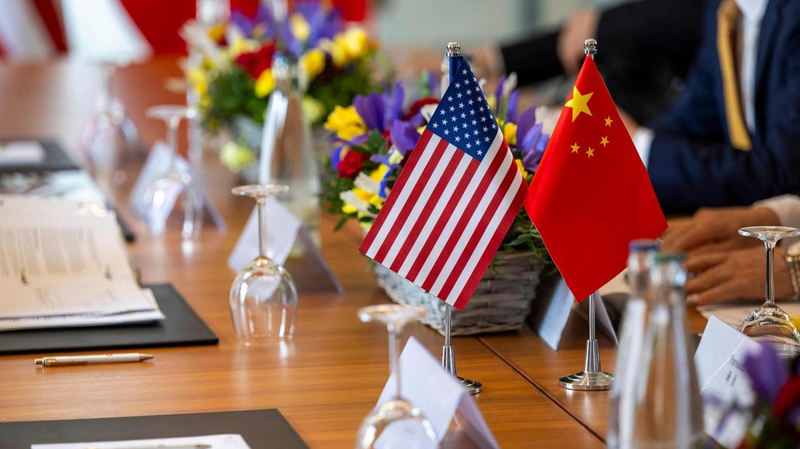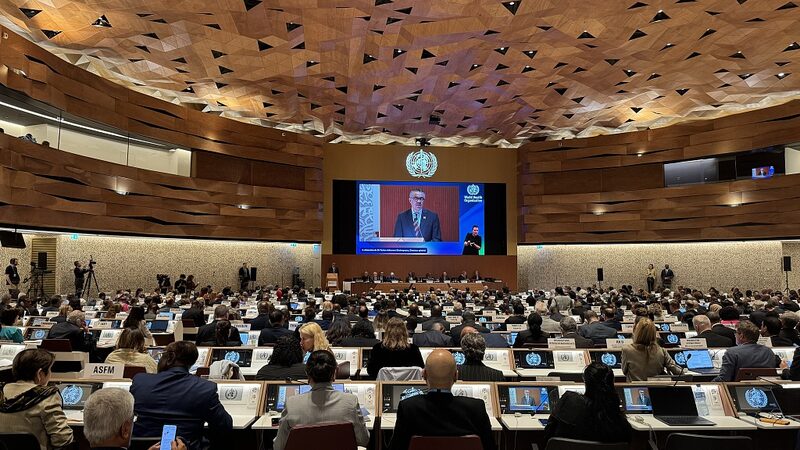U.S. Secretary of State Antony Blinken’s recent six-country Asia tour sent a clear signal: Washington is doubling down on its Indo-Pacific agenda. 🌍✈️ Amid domestic political turbulence, the U.S. aims to reassure allies of its commitment to countering China’s growing influence while reshaping global economic alliances.
🔄 From Globalization to Fragmentation
Remember when globalization promised a connected world economy? Those days are fading fast. The U.S.-China trade war under Trump ignited a new era of economic polarization, now accelerated by Biden’s policies. Think of it as a messy breakup: tariffs, fragmented supply chains, and a \"one world, two markets\" reality. 📉🔀 Nations now prioritize \"national security\" over efficiency, scrambling to redraw trade maps.
🛡️ The China Factor: A New Cold Front?
Washington’s playbook labels China a \"systemic challenger,\" prompting alliances like the Quad (U.S., Japan, India, Australia) to counterbalance Beijing’s clout. Analysts warn of a \"Global East\" narrative—grouping China with the DPRK, Russia, and Iran as an \"autocratic bloc.\" 🌏🗺️ The goal? Preserve the existing world order by isolating Beijing through minilateral partnerships and tech restrictions.
But will this strategy hold? Critics argue economic decoupling risks global instability, while young professionals and entrepreneurs brace for ripple effects in markets. Stay tuned as the battle for the Indo-Pacific heats up. 🔥💡
Reference(s):
Asia-Pacific is a bargaining chip for Washington's cruel machinations
cgtn.com
